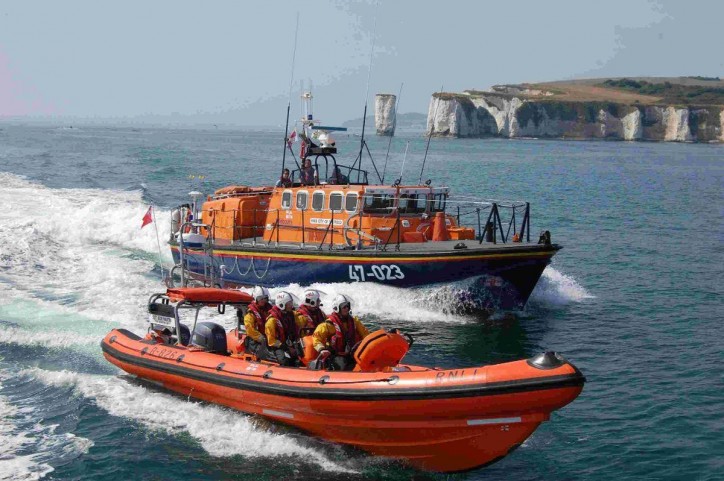It would be advisable for maritime search and rescue services to be less localized in the aspects of their methods of saving lives at sea and for them to look beyond their own respective shores in order to increase the number of prevented cases of drowning, as stated by the Migrant Offshore Aid Station (MOAS) search and rescue charity.
While giving a speech at the World Maritime Rescue Congress (WMRC), organized by the International Maritime Rescue Federation (IMRF), MOAS director Brig. Ret'd. Martin Xuereb, commented that the organization had opted to extend its operation period in 2015 to six months, from the two months that had been appointed for the previous year in order to try and save more lives.
MOAS, which is highly dependent on public donations, functions on the premise that no one deserves to lose their live at sea, he added. The organization, which was just approved as being a full IMRF members by its Trustees, has managed to rescue 1441 migrants in the Mediterranean during 2015, and 3,000 respectively during the course of last year.
He emphasized on the importance of drones when regarding MOAS, elaborating on the matter by saying that they are able to range up to 80 nautical miles spread across roughly 900 square nautical miles of sea, while flying at a height level of 600 feet and making a number of highly valuable images that are being sent to aid the efforts of rescue co-ordination centers.
“These drones are on the cutting edge of technology, as evident that the military also employs them for numerous tasks. Out of the total 500,000-euro monthly budget they take up to roughly 50% but they are definitely the future when regarding search and rescue operations and have already managed to play an integral part in five of the rescue missions we have completed this year,” he said.
He added MOAS has been able to establish a partnership with Doctors without Borders – Medicins Sans Frontieres – in order to properly assess and handle potential post rescue- related issues. The Phoenix currently has two doctors at its disposal, along with a paramedic and a water sanitation expert, all of which are from Medicins Sans Frontieres.
“It was our desire to do something that goes beyond standard search and rescue procedures and put our efforts towards post rescue assistance. In certain cases we have to deal with people that are on board for up to 48 hours and they need food, clothes and in some instances medical assistance,” he elaborated, adding that there is a fully equipped clinic onboard the vessel.
In 2014, MOAS’ funds were entirely provided by its two founders Chris and Regina Catrambone, but the charity’s story has spread across the public and now it has managed to acquire fruitful partnership ties along with voluntary contributions.
At WMRC, 250 delegates coming from 38 different countries also heard that MOAS will be operating from May to October of this current year.

